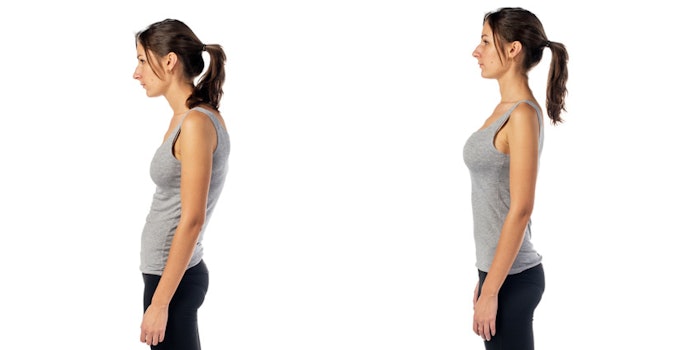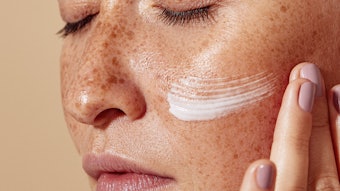
A broad posture, hands on hips and shoulders high and pushed back, also known as a "power pose" is said to give people a boost of confidence, among other positives. However, according to University of Pennsylvania (UPenn) researchers, these statements are not true.
Coren Apicella, assistant professor in the psychology department in the School of Arts & Sciences, and Kristopher Smith, a fourth-year psychology Ph.D. student, attempted replicating an original study on the power pose study by Dana Carney, Amy Cuddy and Andy Yap, which appeared in 2010 in the journal, Psychological Science. They published their findings in the journal Hormones and Behavior.
Out with the Old and In With The New
An increase in feelings of power, risk taking and testosterone were all reported in the original study. Additionally, a decrease in cortisol was found in this study.
On the contrary, the UPenn duo did not find support for any of the original effects. This is referred to as embodied cognition, which is the result they found and published in Hormones and Behavior.
“We did find that if anything—and we’re skeptical of these results, because we’d want to replicate them—that, if you’re a loser and you take a winner or high power pose, your testosterone decreases,” said Apicella.
The Researching Background
The researchers started working on this study two years ago, with the goal of putting the power pose concept into a relevant ecological context grounded in evolutionary theory.
The concept of having contest winners and losers was the starting point of the study with the idea of humans displaying confidence to intimidate opponents in competitions.
“We know that hormones change in this competitive context, especially testosterone,” said Apicella. “Winners experience a relative increase in testosterone compared to losers. The evolutionary theory for that is, if you just won a competitive interaction, that testosterone may be motivating you to take on future competition. If you lost, it’s saying, back off, you don’t want to get your butt kicked again.”
The Study Components
Nearly 250 college-age males from the Philadelphia region took part in this study. They provided samples of saliva to measure testosterone and cortisol levels and then took part in rounds of tug-o-war, declaring one man the strong man and the other the weak man.
Following this, the study subjects would then make a high, low or neutral power pose based on a random placement into one of these three groups.
- High power poses allow a body to take up more space, similar to the stance of Wonder Woman.
- Low power poses narrows the area a body occupies, like an individual hunched over for example.
During the posing stances, participants viewed the same images of faces used in the original study on a computer screen. After 15 minutes, the researchers took a second saliva sample to measure the same hormones they were looking at from the start.
Results and Significance
“We didn’t find any support for this idea of embodied cognition,” said Apicella.
The scientists describe in their paper a series of studies from the 1970s asking why low-ranking sparrows did not fake a higher ranking, which could potentially result in power poses showcasing harm. A researcher tested this by painting low-status birds’ plunge to match that of the dominant birds.
According to the researchers, “The legitimate high-ranking birds persecuted the ‘fakers.’”
“Our study is more in line with these results,” added Apicella. “This was one of several tests that didn’t go in the direction predicted by embodied cognition.”
These results are critical as the effects of power posing are proven not real, adding to evidence of other studies, which accumulated since 2010. Additionally, these results are significant to social science fields, where psychology is closely examined.
“As scientists, we care about the truth,” said Apicella. “There’s so much skepticism about research in general, especially research coming out of social science. Studies like the original power pose work can be harmful because they delegitimize good work.”
Furthermore, Apicella warns to be cautious when working with power poses.
“Even if power poses were found to work in the short term,” she said, “we don’t know if they could backfire in the long term.”
Source: www.scienceblog.com










